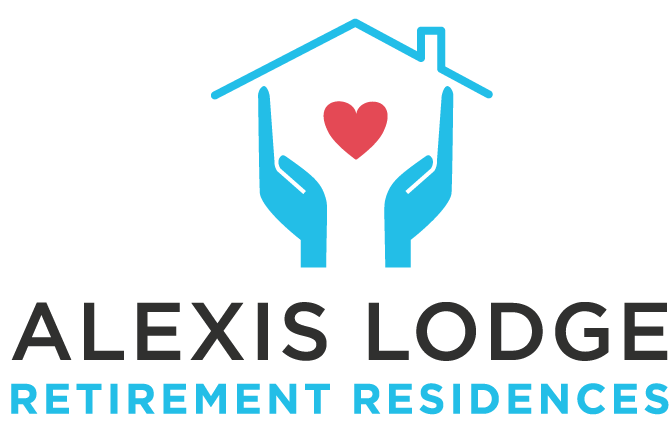Sleeping for Health
Content Courtesy of the Forever Young Podcast with Christiana Egi and Cherrie-Marie Chiu.
We were very fortunate to have Dr. Uche Odiatu join us on our most recent podcast episode “Sleeping for Health” to talk about the benefits of sleep to our health! Dr. Odiatu is an internationally acclaimed speaker and the co-author of The Miracle of Health. He is also a practicing dentist in Toronto, Canada. Being a professional member of the American College of Sports Medicine, Dr. Odiatu has been a guest on over 400 radio and television shows and has given over 500 lectures in Canada. In this episode, he discusses some of the reasons why sleeping less is never good for us and debunked some myths relating to napping, meditation, and losing weight! Read on to find out more about what Dr. Odiatu discussed in the episode!
There is really no compelling evidence to say how being a less sleeper is good for you. In fact, it is linked to poor memory, systemic disease, and insulin resistance related to diabetes and the heart. Although you may believe you do not need too many hours of sleep, Dr. Odiatu shares some of the latest scientific evidence that proves otherwise. The latest findings behind sleep show how getting the minimum required hours can positively impact not only your mind and memory but also the way you process emotions and your reproductive and immune health system. The amygdala, also called the reptilian brain, is actually 60% more reactive after a night of poor sleep. So off the handle, short-tempered attitudes may be common after a night of less sleep.
There is really no convincing argument for anyone saying "I get less sleep and I get more productive" because all the science points towards the fact that you are working with one hand tied behind your back. Many scientific studies show how the less you sleep the harder it is to lose weight. Anytime your cortisol level is high, melatonin is low. When you are worried or stressed, cortisol goes up which can make it harder to fall asleep until you decide to let go of your worries.
We process emotions and memory during the REM (Rapid Eye Movement) sleep. According to Dr. Odiatu, we need about a hundred minutes a night for good emotional wellbeing and a good memory. Your short-term memories get taken and put into long-term storage in the prefrontal cortex and this occurs during REM sleep - so you need seven to nine hours to get a hundred minutes. So if someone's sleeping six hours, they are indeed not getting a hundred minutes. They may have poor memory, have trouble with cell phone numbers, and will most likely call their kid by their dog's name. They are also more likely to fly off the handle wherein which their emotional intelligence goes down.
Now that you are aware that there is no advantage of sleeping less, it is important to talk about immune system health and the obvious tendency towards cognitive decline. According to a study conducted by the Standford Sleep Medicine research team, Alzheimer's disease is correlated to a lifetime of being a poor sleeper. So if that is true, can we reverse our sleep pattern and work hard to sleep seven to nine hours a night? Depending on your age, they say 20-25 minute naps before 3.30 pm is not harmful. however, napping after this time can inhibit your ability to fall asleep faster and can confuse your melatonin levels. Naps do work but if they are your go-to all the time, they may not be as healthy for your body and its circadian rhythm.
Meditation can increase sleep efficiency. Meditation and exercise allow the body to relax which lowers muscular tension, which definitely increases how well you sleep. However, people who meditate may not do it to sleep less, but to sleep deeper, which means all physiology, emotionality, and memory can improve.
Dr Odiatu shares some of his tips and tricks to getting better sleep. He advises wearing a sleep mask to block out any light that can help lower visual input and allow the brain to drift off to sleep. He recommends cooler temperature as it leads to deeper sleep. You can also find Dr. Odiatu on Instagram and Twitter to learn more about his career in dentistry, being an author, yoga and bootcamp instructor!
Listen to the full episode to hear more tips and learn about the benefits of sleep below.
The Forever Young podcast is created and produced by Christiana and Cherrie Marie Chiu. Produced and engineered by Elisse Hill. The podcast represents our opinions and those of our guests. The content should not be taken as medical advice. It is for informational purposes only. Please consult your health care professional for any medical questions. If you like our show, please tell your friends and leave a five-star review on Apple Podcasts. New episodes are available every other Wednesday. Have questions? Email us at ourforeveryoungpodcast@gmail.com.



